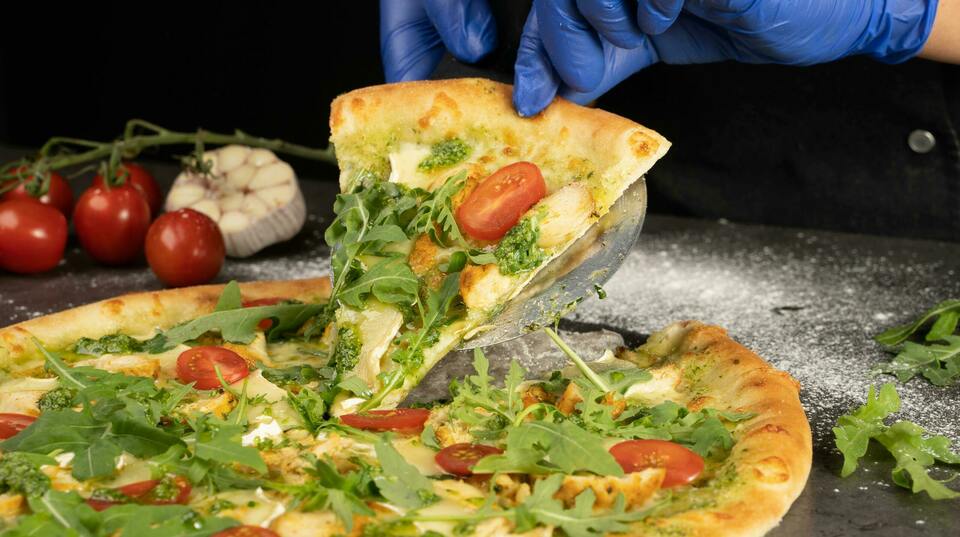Protect Yourself and Your Customers with Food Safe Gloves: A Must-Have for Food Handlers
Nitrile Gloves: The Smart Choice for Food Handling
When it comes to food handling, safety and hygiene are key. You want to keep your food clean and protect your hands at the same time. That’s where nitrile gloves come into play. But why are they better than other types of gloves and can just any Nitrile glove do?
Nitrile gloves are widely recognized for their superior durability and resistance, making them ideal for use in a variety of industries, including food processing.
However, when it comes to ensuring the safety and hygiene of food handling, not all nitrile gloves are created equal. It's essential to verify that they are certified for food safety to prevent any health hazards.
To determine if nitrile gloves are food safe, one should look for certifications from reputable organizations. The FDA (Food and Drug Administration) in the United States sets standards for materials that come into contact with food.
Gloves that meet these standards are deemed safe for food handling. Similarly, HACCP (Hazard Analysis Critical Control Point) is a management system recognized internationally for reducing the risk of safety hazards in foods.
Gloves certified by either of these authorities are considered suitable for food contact.
Moreover, the physical properties of nitrile gloves also play a crucial role in their suitability for food handling. The strength of nitrile prevents tearing and puncture, which are critical for maintaining a sterile environment when handling food.
Some manufacturers enhance their gloves with additional features to meet specific needs of the food industry, such as improved grip and longer cuff lengths for better protection.
Therefore, when choosing nitrile gloves for food handling, it is crucial to ensure they are not only strong and durable but also certified by recognized standards like the FDA or HACCP.
Posted: Tuesday 14 May 2024

